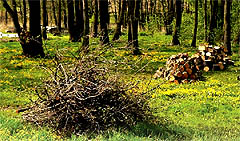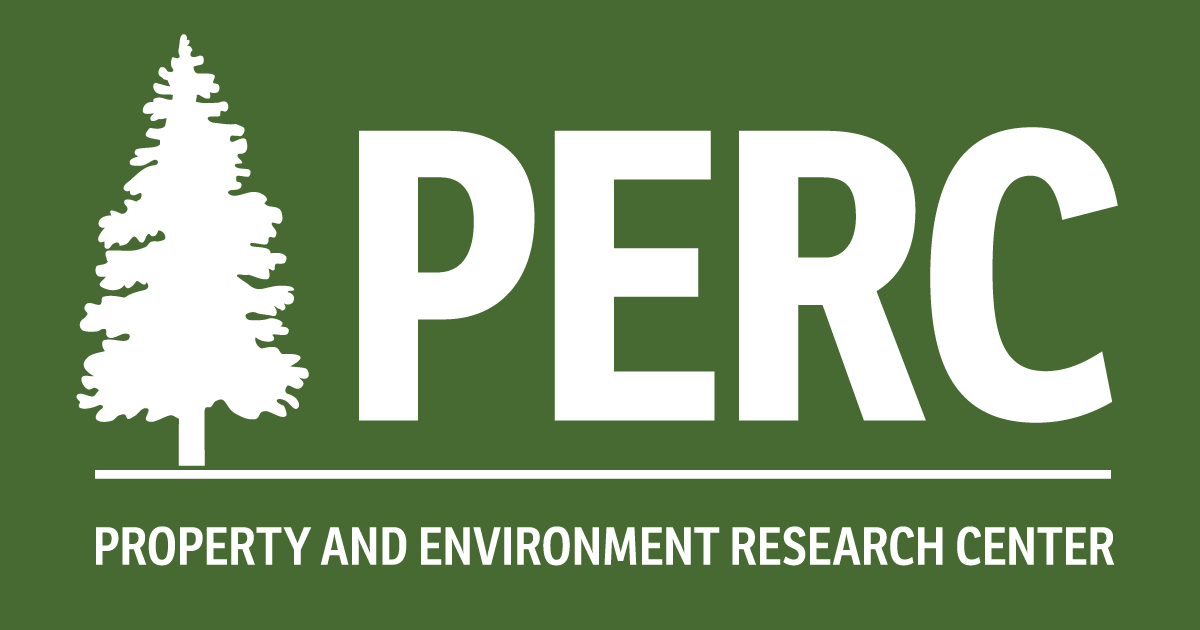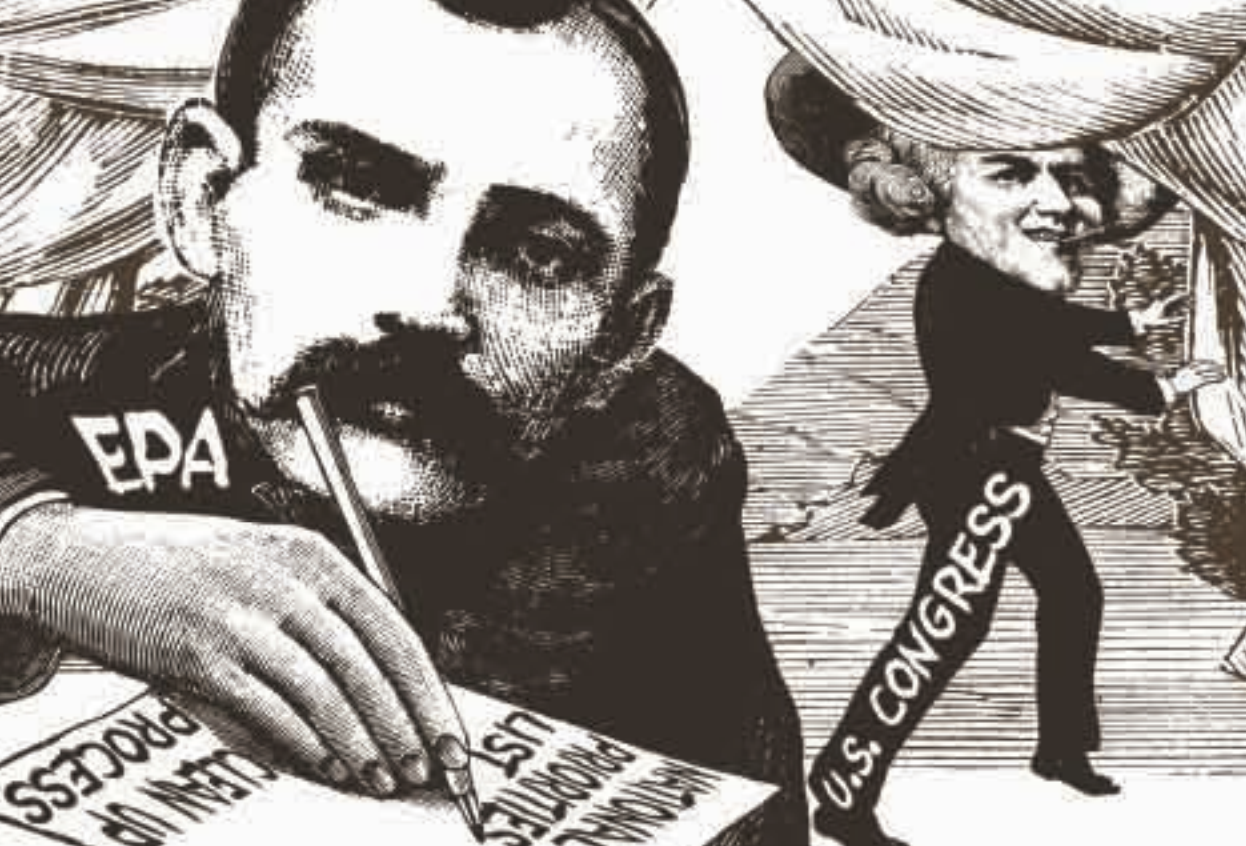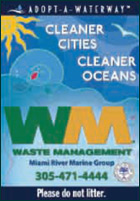Typically in the past, rural and suburban landowners had no trouble taking care of their seasonal accumulations of brush, branches, dead leaves, and other organic debris. They piled it in the backyard and set it alight. Now, many towns and counties ban outdoor burning as the smoke can cause health problems. The alternative is toContinue reading “At Home in Debris”
Author Archives: admin
Down on the Farm
In a 100-acre Iowa farm field, hemmed in by electrical fencing, 2,000 pigs are contentedly doing whatever pigs do. The farmer who owns them, Paul Willis, refers to them as his “free-range” pigs. His good humor, however, does not extend to those who raise their pigs in containment buildings with the aid of steroids, hormones,Continue reading “Down on the Farm”
Your Pants Are Made of What?
What is the world coming to when Diane Von Furstenberg, Halston, and Oscar de la Renta are using materials made from wood pulp, bamboo, corn fiber, and Japanese leaves that contain anti-allergens. Clothing derived from these strange sources was assembled into “eco-outfits” and featured in the windows of Barneys New York, a high-end specialty storeContinue reading “Your Pants Are Made of What?”
A Cautionary Tale
Over the last decade, the precautionary principle –“better safe than sorry”– often has been invoked to justify government regulatory action. According to advocates of this principle, we must protect ourselves from potential environmental threats –such as greenhouse gases, nuclear power, or arsenic in drinking water– even if we are not sure exactly what will beContinue reading “A Cautionary Tale”
Open Access:
Those who know me will not be surprised by the topic of this column, given that hunting season is in full swing. Why I have such a passion for hunting was captured beautifully by Jon Christensen, a visiting PERC journalist fellow, who spent a chilly evening with me listening to five or six big bullContinue reading “Open Access:”
Letters to the Editor
Don’t Forget History I am a long-time subscriber to PERC Reports and enjoy reading each issue. But I object to the premise implied in “Betting on the Wealth of Nature” by David McClintick and Ross Emmett (September 2005) regarding natural resource prices and availability. The Simon-Ehrlich wager was based on metals that have long beenContinue reading “Letters to the Editor”
Restoring Life to Damaged Land
In the central Nevada desert, near the tiny almost-ghost town of Mina, lives a couple who are the most effective restorers of ecosystems I have found in more than twenty years of searching. Over the past few years I have been trying to figure out why so few people know about them. Tony and JerrieContinue reading “Restoring Life to Damaged Land”
Irresponsible Environmental Policy
Although Congress enacts all federal environmental statutes, these statutes leave the making of most federal environmental laws –commonly known as regulations– to the Environmental Protection Agency. The difference between Congress making laws (as the U.S. Constitution instructs it to do) and leaving that job to the EPA is a critical one. If Congress votedContinue reading “Irresponsible Environmental Policy”
Advertising for Clean Water
By Carol Ferrie Every year, corporations spend about $150 billion on advertising, says Paul Polizzotto, but very little of it goes to improve quality of life. Polizzotto — surfer, businessman, and environmentalist– has figured out a way to harness some of those advertising dollars through the Adopt-A-Waterway program. "You don’t have to take the oathContinue reading “Advertising for Clean Water”
Wreaking Environmental Harm
While many farmers are conscientious stewards of the environment, the incentives of U.S. agricultural policies can lead to practices that damage the environment. Agricultural price supports and trade barriers stimulate production on marginal land, leading to overuse of pesticides, fertilizers, and other effluents. A central if unstated purpose of U.S. farm policy is toContinue reading “Wreaking Environmental Harm”









